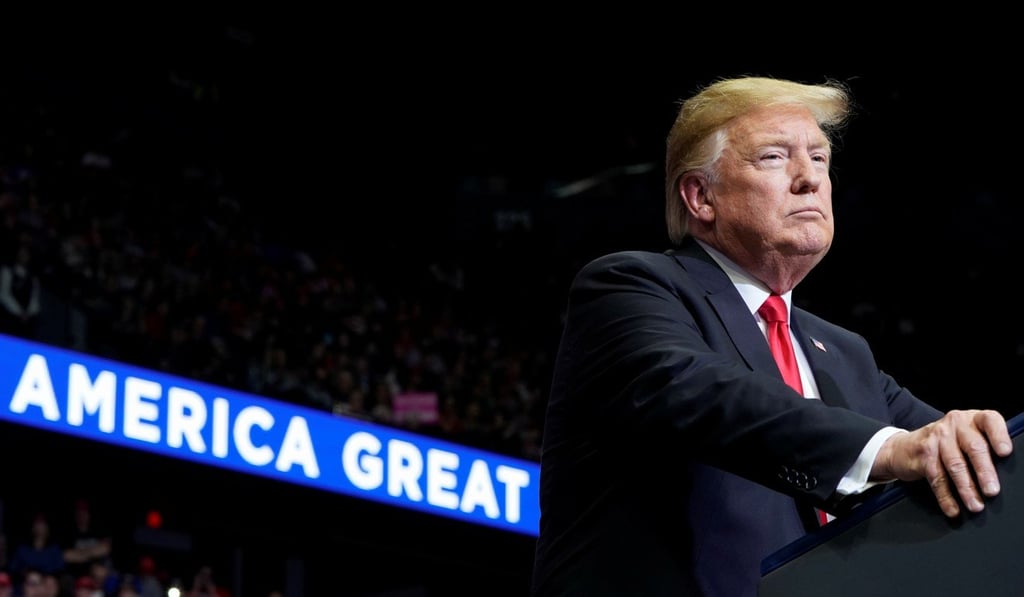Advertisement
Opinion | The next financial crisis will be worse than the 2008 crash. Here’s how the world can prepare for it
- Unilateralism, fragmented regulatory bodies, a depleted arsenal of tools at the disposal of central banks and increasingly complex financial markets will make it harder to deal with the next crisis
- A multilateral effort, both from governments and the private sector, is our best hope
Reading Time:3 minutes
Why you can trust SCMP

Still psychologically scarred, few were keen last month to commemorate the 10th anniversary of the Dow’s rock bottom close in March 2009.
Even so, all month long, calls to heed lessons from the last great recession echoed across the media as ominous signs pointing to another pending financial crisis loom. Last week, the US Department of Commerce revised growth forecasts downward. Growth across major European economies is either slowing or negative. And the Chinese economy, a critical global growth engine, is decelerating.
We can, however, dispense with platitudes about remembering the past or being doomed to repeat it. The fact is we aren’t set to relive a recession like that of 2008. The next great recession is likely to unfold in a manner fundamentally different from the last one.
Advertisement
Unilateralism, fragmented regulatory bodies and a depleted arsenal of tools for reviving growth will mean that the next recession is likely to be more prolonged and more devastating.

Advertisement
Few experts would claim regulators have implemented sufficient protections against the banking practices culpable in the 2008 crisis. But even if we had learned from past mistakes, the financial institutions and instruments requiring oversight are evolving at an unprecedented rate, becoming increasingly complex.
Advertisement
Select Voice
Select Speed
1.00x